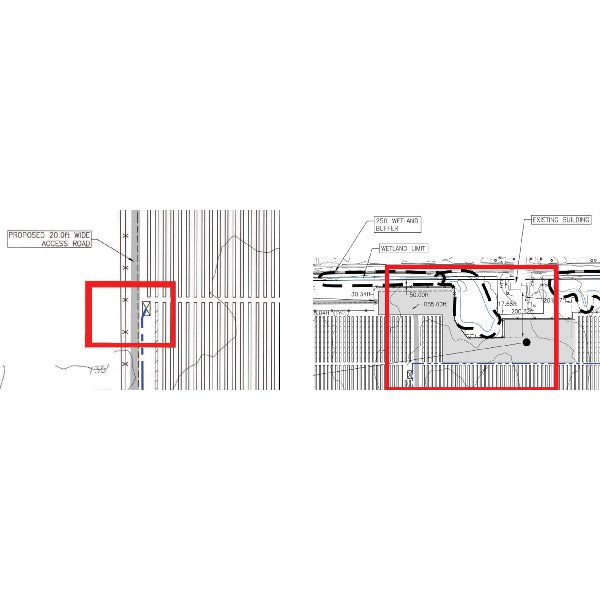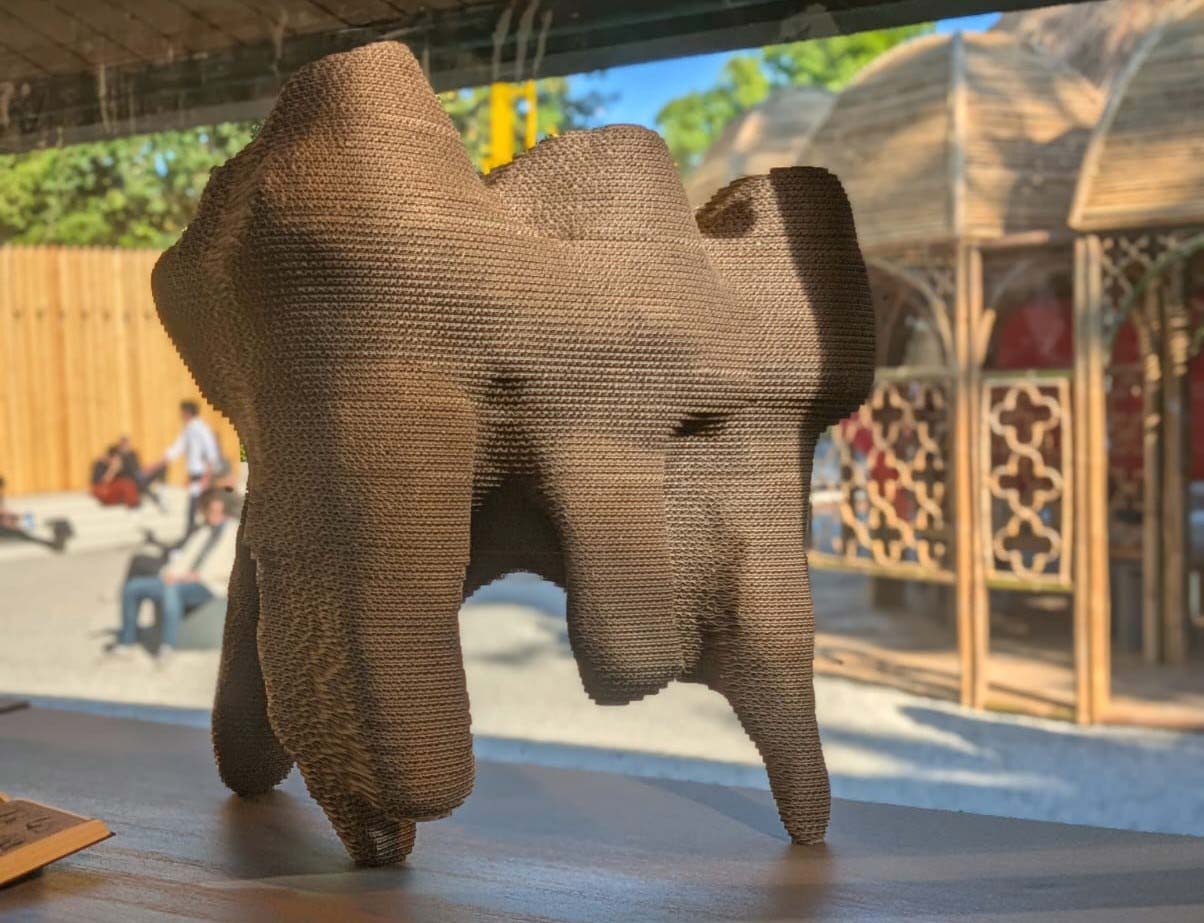
Taubman College Students Win Michigan Association of Planning Awards
Two teams of students in Taubman College’s Master of Urban and Regional Planning (M.U.R.P.) program won both graduate student awards presented by the Michigan Association of Planning in 2024.
One team produced a comprehensive tourism plan for marginalized tribal communities in the Brazilian Amazon. The other team created a report to advise the Michigan Public Service Commission as it works to implement a new state law that streamlines permitting for utility-scale renewable energy projects.
As part of the association’s annual statewide awards, the University of Michigan teams each won Outstanding Graduate Student Planning Project honors for their capstone projects. It marks the third year in a row that Taubman College’s M.U.R.P. students have been recognized with the award.
Here is more information about the 2024 student projects:
Students: Cat Diggs, Russell Lin, sara faraj
Faculty Advisor: Ana Paula Pimental Walker
Graduate Student Instructor: Fabricio Martins
The client-partners, located in Alcântara (Brazilian Amazon), trusted the student team with the task of co-producing a community-led, solidarity tourism strategy to generate both visibility and resources that will be reinvested in the community’s struggle to secure collective title and promote community well-being and cultural preservation. Deliverables included a community-based tourism (CBT) strategy, a website and logo to establish a first-ever comprehensive online platform, and photovoice workshops that produced photographs and oral histories. Jurors said: “We were impressed by the sensitivity of the engagement with the local community and how responsive the final recommendations were to the desires of residents.”
Power in Partnership: Insights for Siting Utility-Scale Renewables in Michigan
Students: Isabella Beshouri, Jessica Hobbs, Ryotaro Konishi, Marisol Mendez, Upasana Roy, Revati Thatte, Vaidehi Shah, Griffin Sproul
Faculty Advisor: Sarah Mills
This report supports the Michigan Public Service Commission (MPSC) and its staff in the implementation of PA 233 as it applies to the siting authority of renewable energy and battery energy storage projects by increasing the staff’s understanding of lessons learned from other permitting authorities and ensuring that projects under the MPSC process follow best practices for project design and community engagement. Jurors said: “We recognize that the report can serve as a valuable resource to planners and others as they prepare for changes in permitting utility-scale renewable energy projects.”









